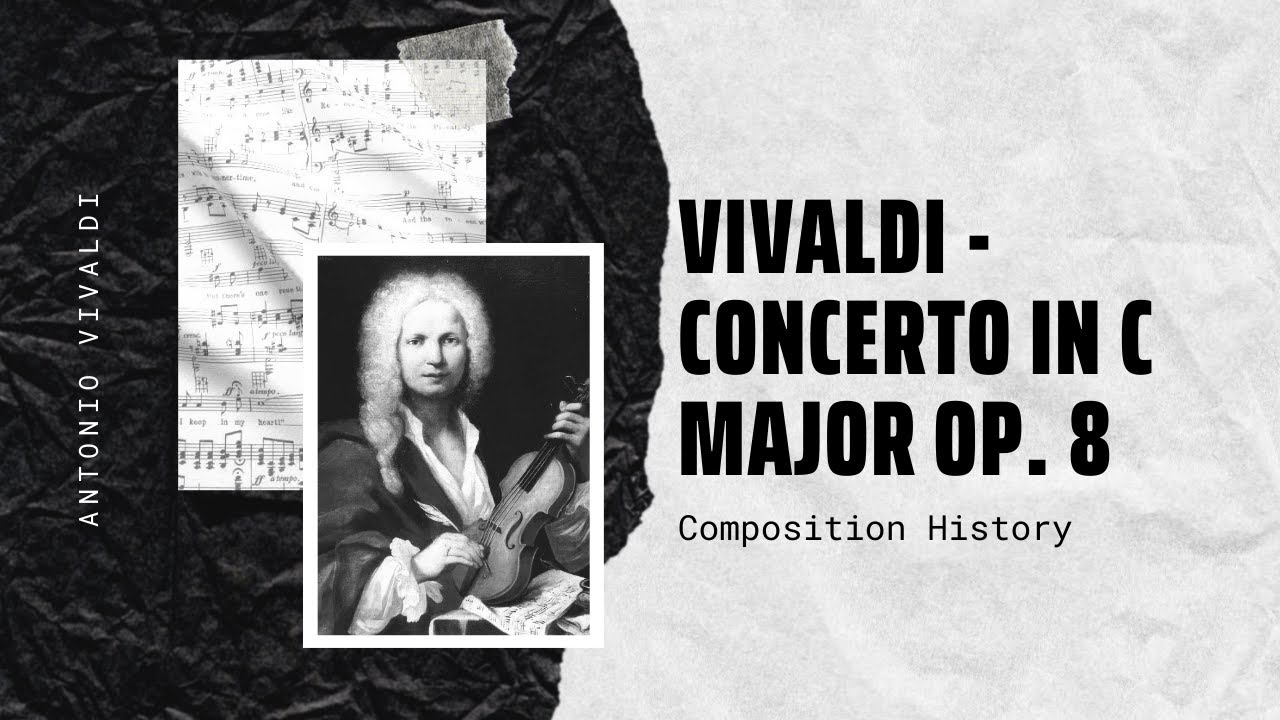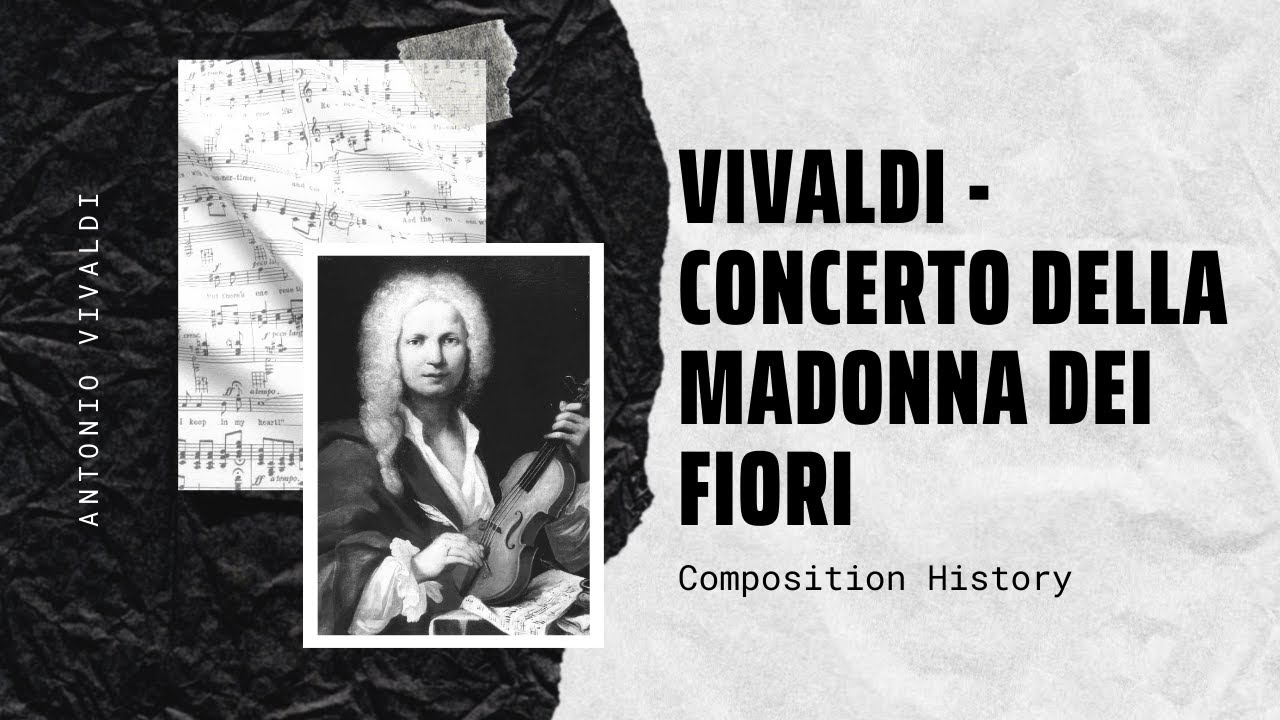
Vivaldi – Concerto for 2 Violins in A minor, RV 522 – I. Allegro – Music | History
Vivaldi – Concerto for 2 Violins in A minor, RV 522 – I. Allegro – Music | History L’estro armonico (The Harmonic Inspiration), Op. 3, is[…]

Vivaldi – Four Seasons – Music | History
Vivaldi – Four Seasons – Music | History The Four Seasons (Italian: Le quattro stagioni) is a group of four violin concerti by Italian composer Antonio[…]

Scarlatti – Vivaldi – Concerto Grosso in F minor – Music | History
Scarlatti – Vivaldi – Concerto Grosso in F minor – Music | History The Sinfonie di concerto grosso (R.533/1 to 12) is the title of twelve[…]

Happy Classical Music – Tchaikovsky, Mozart, Vivaldi, Strauss
Happy Classical Music – Tchaikovsky, Mozart, Vivaldi, Strauss Classical music is art music produced or rooted in the traditions of Western culture, including both liturgical (religious)[…]
The Best of Vivaldi – Part I – Greatest Works
Antonio Lucio Vivaldi (4 March 1678 – 28 July 1741) was an Italian Baroque musical composer, virtuoso violinist, teacher, and priest. Born in Venice, the[…]

Vivaldi – Concerto in C major Op. 8 No. 12
Antonio Vivaldi – Concerto in C major Op. 8 No. 12 Antonio Lucio Vivaldi (4 March 1678 – 28 July 1741) was an Italian Baroque musical[…]

Vivaldi – Concerto in B flat Major
Antonio Vivaldi – Concerto in B flat Major Antonio Lucio Vivaldi (4 March 1678 – 28 July 1741) was an Italian Baroque musical composer, virtuoso violinist,[…]

Vivaldi – Concerto della Madonna dei fiori, RV606
Antonio Vivaldi – Concerto della Madonna dei fiori, RV606 – Laudate Dominum Antonio Lucio Vivaldi (4 March 1678 – 28 July 1741) was an Italian[…]

Vivaldi – Concerto for 2 Cellos in G minor, RV 531
Antonio Vivaldi – Concerto for 2 Cellos in G minor, RV 531 Vivaldi’s Cello is a 2004 album of various arrangements taken from Antonio Vivaldi’s operas[…]

Vivaldi – Nulla in mundo pax sincera RV 630
Antonio Vivaldi Nulla in mundo pax sincera, RV 630, is a sacred motet composed by Antonio Vivaldi in 1735 to an anonymous Latin text, the title[…]